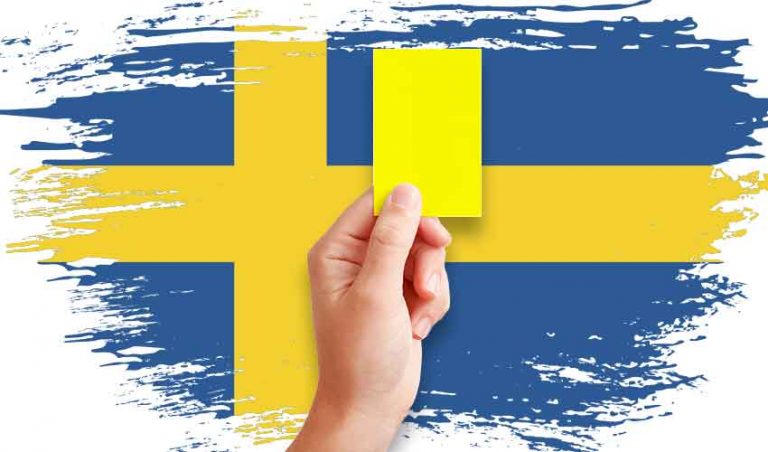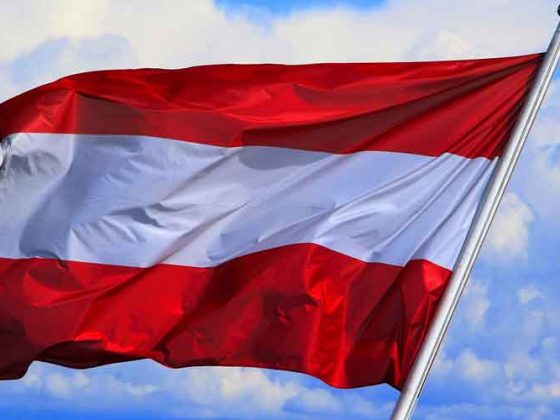Spelinspektionen, the Swedish gambling authority, clarified the scope of the new betting restrictions and stressed that these controls will also affect esports betting.
The last restrictions, regarding the yellow card ban, will start on January 1, 2021, and will only apply to competitions organized internally. The ban was created in the hope that it would reduce the match-fixing of the games. According to these controls, players must be over 18 to bet and operators will not be able to accept football bets outside of Sweden’s top four divisions.
In addition, bets on the individual performance of an athlete in a sporting competition are prohibited to those under the age of 18 and include scores and shots on goal, as well as the following competitive sports: tennis, badminton, table tennis, shooting, skiing and individual performance in athletics.
In particular, Spelinspektionen added that the regulation will extend not only to traditional sports betting but also to esports betting, which has increased since the beginning of the pandemic, as players have sought alternatives to land bets.
In addition to geographical logistics, if a match is shared with another country, the rules will be subject to bets only on the result of both games or on the match played in Sweden. For esports, this means that the rules will come into force when the competitions take place on the local court.
However, not everyone agreed with the Swedish gambling authority’s decision, as the news of the regulation made a splash in the industry.
For example, the International Integrity Betting Association (IBIA) has expressed concern that strict betting restrictions will lead people to resort to dangerous offshore operators, which exacerbates the risk of coincident corrections.
Svenska Spel added to the conversation that the rules are ineffective because they still allow for sports manipulation.





